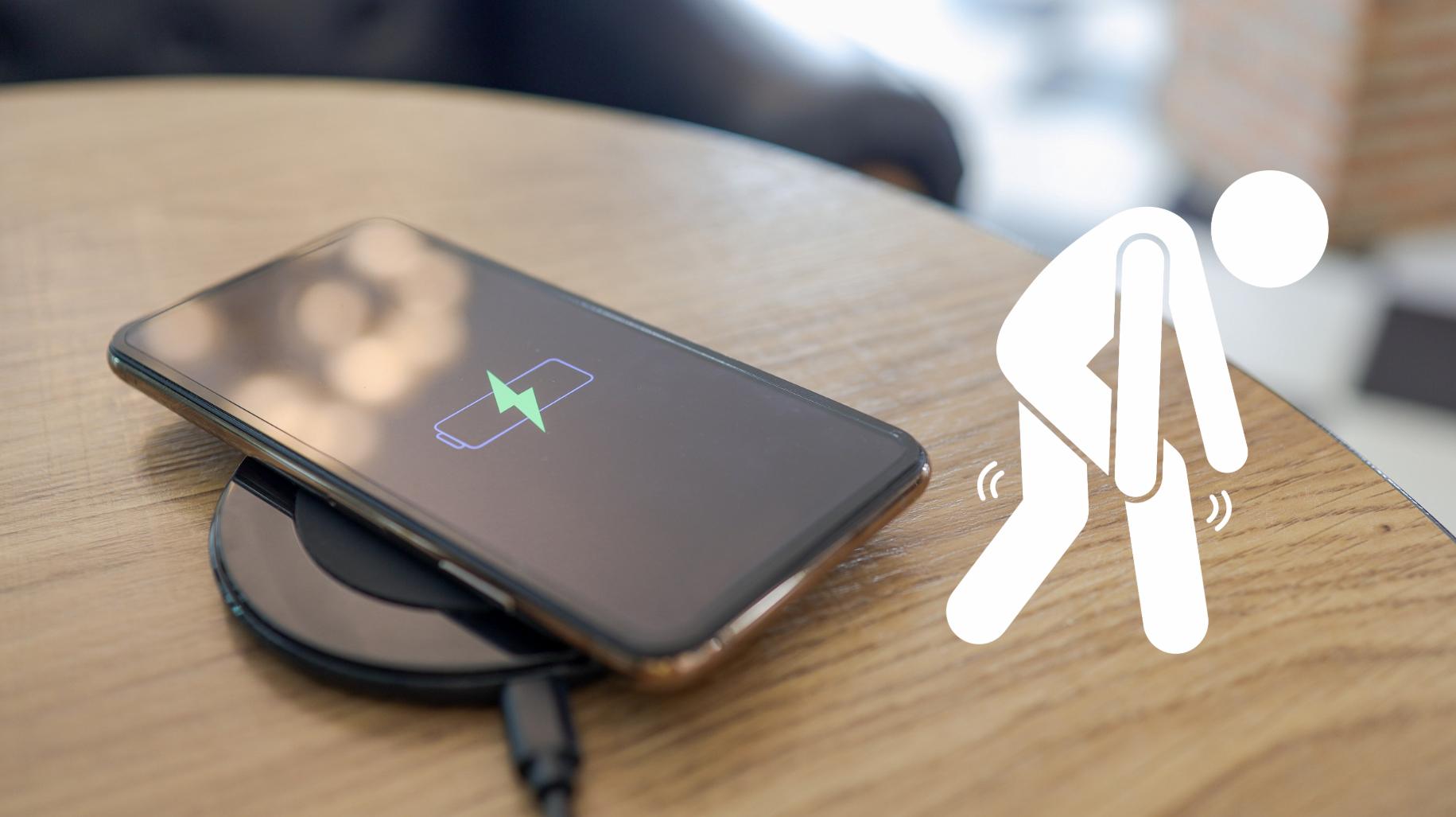Wireless charging has become increasingly popular for its convenience, but many users still perceive it as slow compared to wired charging solutions. In 2024, while advancements have improved speeds, most wireless charging methods typically offer lower wattage outputs, resulting in longer charging times when compared to wired counterparts.
Introduction to Wireless Charging
Wireless charging uses electromagnetic fields to transfer energy from a charging pad to a device, eliminating the need for physical connectors. This method has gained popularity due to its ease of use and the elimination of wear on charging ports. However, the efficiency and speed of wireless charging remain points of contention among users.
| Technology | Maximum Output (W) | Charge Time (0% to 100%) |
|---|---|---|
| Qi | 5W – 15W | 3 – 4 hours |
| MagSafe | 15W | ~2 hours |
| OnePlus Warp Charge | Up to 50W | ~55 minutes |
| Honor Magic 6 Pro | Up to 66W | ~34 minutes |
Current Wireless Charging Speeds
Comparison with Wired Charging
While wired charging has advanced significantly with fast-charging technologies, wireless charging still lags behind. For instance, a typical wired charger can deliver power at rates exceeding 60W, allowing devices to charge from 0% to full in less than an hour, while wireless options often take much longer.
| Charging Method | Time to Charge (0% to 100%) |
|---|---|
| Wired Fast Charger (60W) | ~30 minutes |
| OnePlus Warp Charge (50W) | ~55 minutes |
| Qi Wireless Charger (15W) | ~2 hours |
| MagSafe Charger (15W) | ~1 hour 45 minutes |
Overview of Different Technologies
Wireless charging technologies vary widely in terms of speed and efficiency. The Qi standard is the most common but typically supports lower wattages compared to proprietary systems like OnePlus’ Warp Charge or Honor’s SuperCharge.
Factors Impacting Wireless Charging Speed
Power Output and Device Compatibility
The maximum power output of a wireless charger significantly affects charging speed. A charger rated at 15W will charge devices faster than one rated at 5W, but the device must also support the higher input for optimal performance.
| Charger Type | Maximum Output (W) | Typical Charge Time (0% to 100%) |
|---|---|---|
| Standard Qi Charger | 5W | ~3 – 4 hours |
| Fast Qi Charger | 15W | ~1 hour |
| Proprietary Charger | Up to 66W | ~34 minutes |
Distance and Alignment Issues
Wireless charging relies on precise alignment between the device and the charger. Misalignment can lead to inefficient power transfer, resulting in slower charging speeds or even failure to charge altogether.
Advantages and Disadvantages of Wireless Charging
Wireless charging offers several benefits, such as convenience and reduced wear on ports, but it also has drawbacks including slower speeds compared to wired solutions.
| Advantages | Disadvantages |
|---|---|
| No cables required | Generally slower |
| Reduced wear on ports | Heat generation |
| Easy placement | Limited compatibility |
Recent Innovations in Wireless Charging Technology
Recent advancements have led to faster wireless charging solutions that challenge traditional wired methods. Companies like OnePlus and Honor are leading the way with proprietary technologies that support higher wattage outputs.
| Innovation | Description |
|---|---|
| Higher wattage chargers | New models support up to 100W |
| Improved coil designs | Enhances energy transfer efficiency |
| Magnetic alignment | Ensures better positioning for efficient charging |
Future Trends in Wireless Charging
The future looks promising for wireless charging technology, with ongoing research aimed at increasing efficiency and speed. New standards are expected to emerge that will enhance compatibility and performance across devices.
| Trend | Expected Impact |
|---|---|
| Enhanced universal standards | Faster speeds across more devices |
| Increased adoption | More widespread use in consumer electronics |
Expert Comment on the State of Wireless Charging
“While wireless charging has made significant strides, it still faces challenges regarding speed compared to wired options,” states Dr. Alex Chang, a technology analyst at Future Tech Insights. “The future will likely see improvements that bridge this gap, making wireless solutions more competitive.”
Frequently Asked Questions (FAQ)
Is wireless charging still considered slow?
Yes, while some proprietary systems have improved speeds significantly, most wireless chargers operate at lower wattages than wired chargers, resulting in longer charge times.
Charging speed is influenced by power output, device compatibility, distance from the charger, and alignment between the device and charger.
Yes, wireless charging offers convenience by eliminating cables and reducing wear on ports; however, it generally charges devices more slowly than wired methods.
Recent advancements include higher wattage chargers capable of faster charges and improved designs for better energy transfer efficiency across devices.



